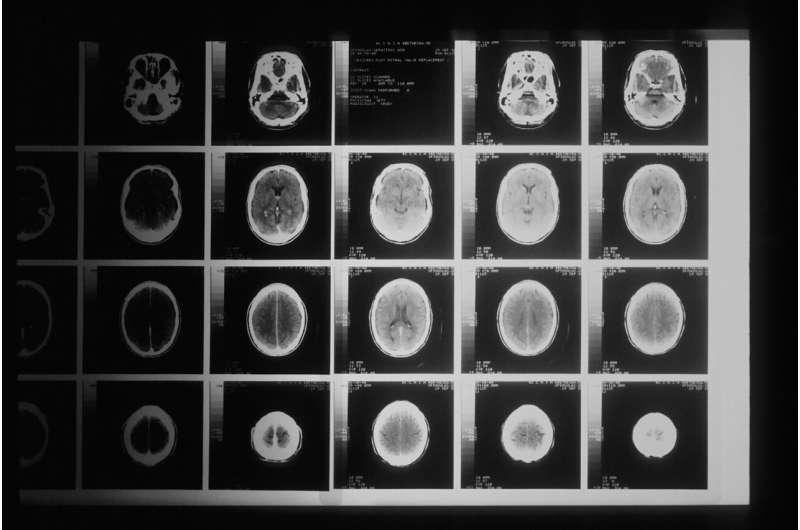
African Americans with a mutation in the gene TRPM4 are more likely to have increased inflammation in the brain, resulting in poor recovery after suffering a traumatic brain injury (TBI), compared to others who don’t have the mutation, according to a study by researchers with UTHealth Houston.
The study was published recently in Scientific Reports.
TBI is a leading cause of death and disability. In 2021, there were more than 69,000 TBI-related deaths, or nearly 190 related deaths a day, according to the Centers for Disease Control and Prevention. Previous research has revealed that some groups may experience a higher chance of dying or dealing with long-term health problems because of disparities and, more recently, genetic makeup.
“What we’re finding is that the way you react to your injury has to do with your genetic predisposition,” said Joseph Krocker, MD, former postdoctoral research fellow in the Department of Surgery with McGovern Medical School at UTHealth Houston and first author of the study.
Researchers extracted DNA samples from more than 292 trauma patients who recently suffered a traumatic brain injury and found 25 individuals who carry at least one copy of a gene mutation called rs8104571 in the TRPM4 gene; of these, 24 were African American and one was Hispanic.
The gene, TRPM4, codes for a membrane ion channel related to inflammation in the central nervous system. Following an injury, the channel sends an influx of ions to brain cells that leads to swelling, dysfunction, and cell death. This process appears to be worsened by the gene mutation rs8104571, also known as a polymorphism, and is a variant type of the TRPM4 gene that is most commonly found in those with African ancestry.
Researchers used the Glasgow Outcome Scale-Extended (GOSE) to measure mortality rate and assess the level of disability in each TBI patient. Patients were given scores based on the severe injury outcome index ranging from 1 (injury resulting in death or severe disability) to 8 (moderate disability or full independence).
Patients in the study who received scores lower than 5 were considered to have the most severe recovery outcomes like mortality or required caregiver dependence after TBI. Patients who scored higher than 6 were considered to have favorable outcomes such as full recovery and independence.
Of the African American patients who carried two copies of the gene mutation, 100% scored lower than 5 on the scale, meaning poor recovery outcome. Of those African American patients who carried a single copy of the mutation; 71% scored under 5. Of the patients who did not have the gene mutation, 46% scored lower than 5 on the scale.
These results indicate that the patients in the study who carried the TRPM4 rs8104571 mutation were more likely to receive poorer outcome scores and that the gene polymorphism is associated with worse functional recovery following moderate to severe TBI.
“Our study predominantly showed that anybody who has this gene, almost all of whom are African American patients, and suffered a head injury were more likely to have worse outcomes, most likely due to an increase of neuro-inflammation,” said Krocker, who is currently a resident with JFK Medical Center at the University of Miami.
Researchers hope that the current study represents the foundation for a personalized-medicine approach utilizing TRPM4-specific pharmaceutical interventions for African Americans to improve outcomes following TBI.
“Specific drugs developed to target this pathway may provide added benefit to those with African ancestry who carry the genetic polymorphism,” Krocker said.
In comparison to other areas of research, trauma traditionally has had limited opportunity for research in personalized care. The Center for Translational Injury Research (CeTIR) with McGovern Medical School at UTHealth Houston is a known leader in clinical trials related to trauma. Over the past decade, CeTIR has built an extensive biobank consisting of biologic samples that allow for molecular studies and opportunities for genetic research in trauma patients.
“I believe the same personalized or precision-medicine approach that has worked so well in cancer treatment can also be applied to trauma. I suspect that these types of studies that are being conducted at CeTIR will eventually translate into better treatment for African Americans and everybody,” Krocker said.
University of Texas Health Science Center at Houston

